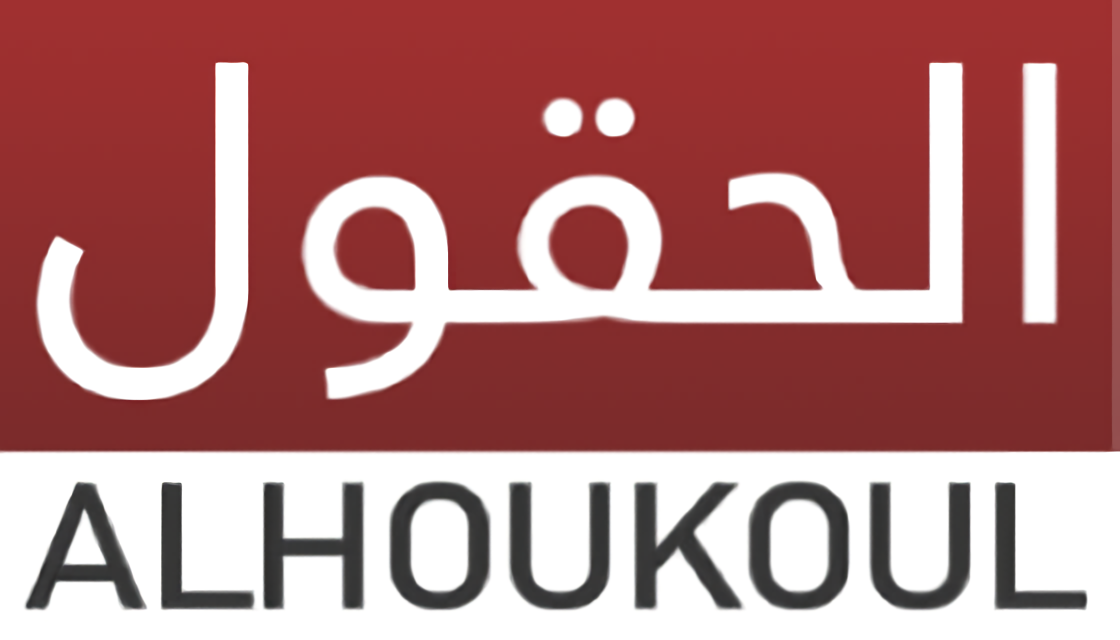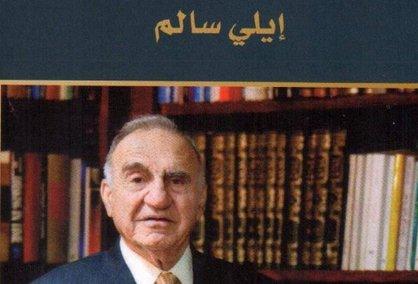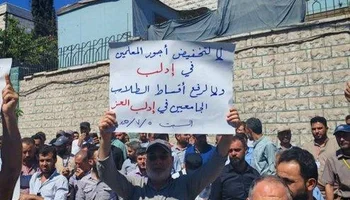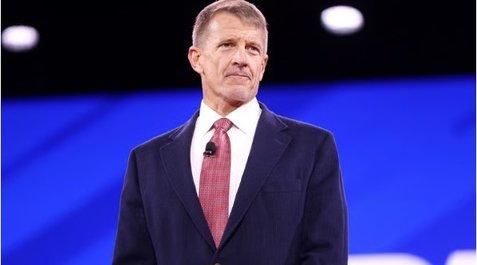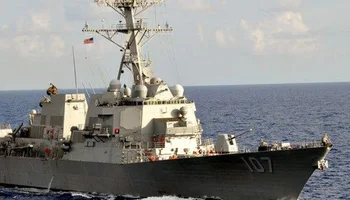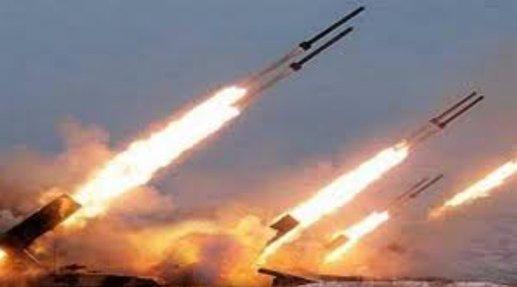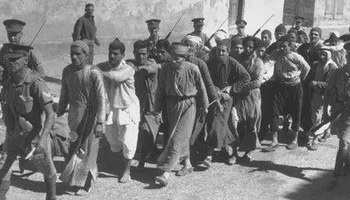كيف نحمي لبنان من مخاطر التطبيع مع "إسرائيل"؟
2025-11-25
كتبت الدكتورة عبادة كسر/ الحقول ـ بيروت : بعد "اتفاق" وقف إطلاق النار في 27 تشرين الثاني 2024، نشهد ضغوطاً أميركية كبيرة لإخضاع لبنان للخيارات...
إريك برينس، أشهر مرتزقة أمريكا، يستغل الفوضى الدولية
2025-11-25
ترجمة وتحرير الحقول / خاص ـ بيروت : قبل خمسة عشر عاماً، بدا مستقبل إريك برنس غامضًا.
الضبعة.. ننتظر الضوء
2025-11-24
كتب الأستاذ أحمد سعيد طنطاوي / القاهرة : في شمال مصر، حيث تختلط رائحة البحر النقي بصوت الريح، تنهض "محطة الضبعة"...
المقاومة في مواجهة حقبة الحسم
2025-11-24
كتب الدكتور حسام مطر/ بيروت : تشهد منطقة الشرق الأوسط، منذ عملية «طوفان الأقصى» في السابع من تشرين الأول 2023، هجوماً أميركياً واسعاً ضد محور...
البنية الخفيّة للقواعد الأميركية داخل "إسرائيل"
2025-11-21
كتب الأستاذ ياسر مناع/ الحقول ـ فلسطين المحتلة : في 11 تشرين الثاني 2025 نُشر تحقيقٌ صحافي مشترك بين موقع "شومريم" وصحيفة "يديعوت أحرونوت" كشف عن...
‹
›
الشؤون العربية
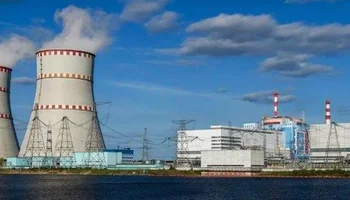
الضبعة.. ننتظر الضوء
2025-11-24
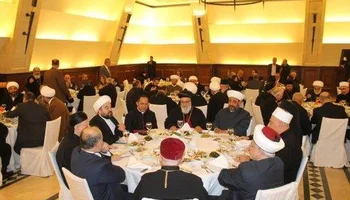
جدوى الحوار الإسلامي ـ الكاثوليكي...
2025-11-11

«عيون العجائب».. في عشق المتنبّي
2025-10-28
